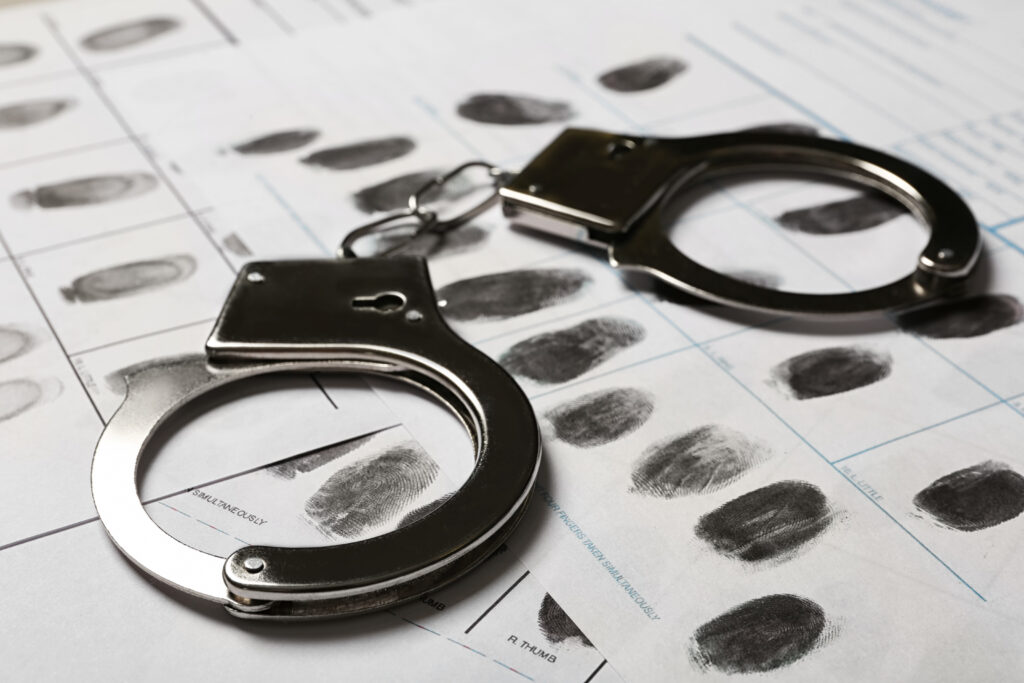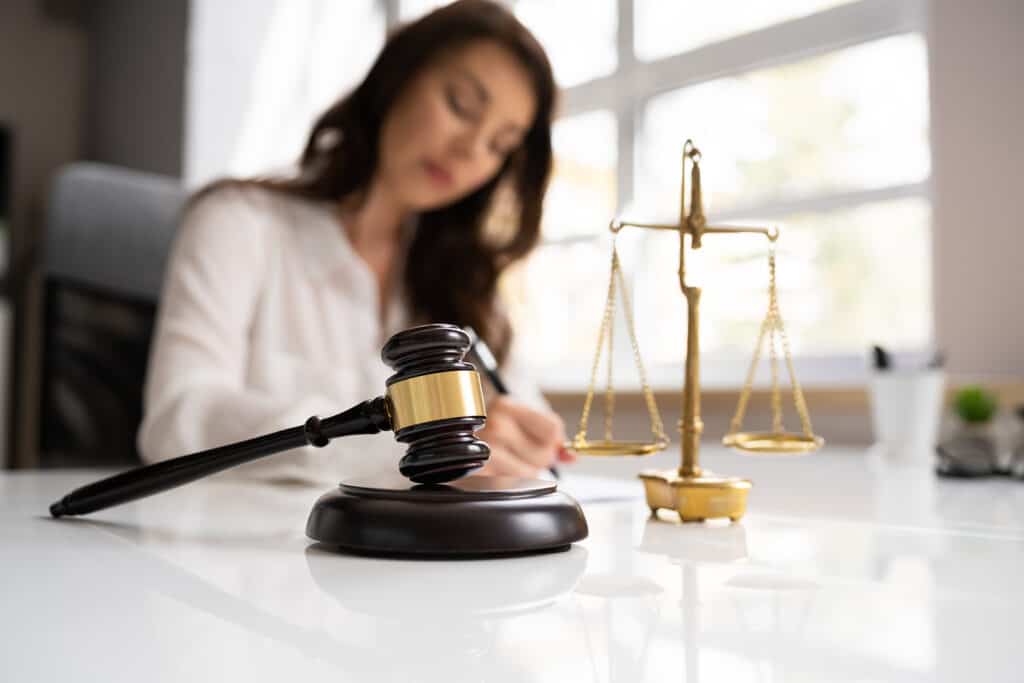As we all now know, the COVID-19 virus has us in a panic. The news has been reporting that curfews have been imposed in some cities that have further restricted a people’s movement. Businesses have been closed temporarily. We have been hearing phrases like “state of emergency,” “shelter in place,” “social distancing” and “curfews”, but what do they all mean and how will/can they be enforced.
We know that the United States Constitution grants us a freedom of movement and a freedom of assembly under the First Amendment. A State imposed curfew obviously restricts that and in most cases when the government, usually a municipality, tries to impose a curfew it has been struck down as unconstitutional. One recent and public example in when Rochester in the mid 2000’s, tried to impose a curfew on minors in an effort to curb criminal activity. This law was struck down as unconstitutional and discriminatory, as there was no data that showed that a juvenile curfew lead to any discernable decrease in crime.
However, the government does have the ability to impose a curfew on its citizens in very limited situations, which include states of emergency, natural disasters, public health crisis or an ongoing civil disturbance. In the past, Baltimore and New Orleans have imposed such lawful curfews during natural disasters and public unrest. Given the pandemic state that we are in now, it would seem that any action that Governments take with regard to setting a curfew or other restrictive Orders would be warranted under the law.
Under the Executive Section of the New York Consolidated Laws, Article 2-B Section 24, the State and Local governmental entities are authorized to set a curfew for its citizens in an effort to keep them safe and allow the government to perform essential functions until such time as the situation is under control. But that does not mean that they have the power to lock people in their homes for extended periods of time without justification or explanation. The law is very specific with regard to certain procedures that must be followed.
After it has been determined that there is an imminent danger and that the public’s safety is imperiled, a state of emergency is declared. At the outset, this state of emergency shall not exceed thirty (30) days, but can be extended for additional thirty (30) day periods as the Governor sees fit. During this time the Chief Executive may promulgate local emergency orders to protect life and property, or to bring the emergency situation under control. This expressly allows for the establishment of a curfew and the prohibition and control of pedestrian and vehicular traffic, except for emergency vehicles and personnel. Also included in the law is the regulation/closing of places of amusement and assembly as well as the suspension or limitation of the sale or distribution of alcoholic beverages. This is how all of our restaurants and bars can be shut down or mandated to carry-out service only.
As for the restriction on bars and restaurants, New York City estimated about 3,000 inspections took place Monday, when the rule was implemented. Of those, 300 warnings and three violations were issued.
When hearing about all of these closures on the news, what they have not told you is that under subsection (i) of the law, no suspension of these privileges can exceed five (5) days, provided however, that upon reconsideration of all the relevant facts and circumstances, the suspension may be extended for additional five (5) day periods during the state of emergency. Subsection (ii) states that no suspension shall be made which does not safeguard the health and welfare of the public and which is not reasonably necessary to the disaster effort.
Now here is the kicker and the question that everyone has been asking: What happens if I refuse to abide by the curfew, the order to close my business or any other aspect of these Executive Orders??
Subsection (5) of the law states that “Any person who knowingly violates any local emergency order of a Chief Executive, promulgated to this section is guilty of a class B misdemeanor.” What is not listed in the statute is the imposition of any specific penalty for disobeying the Order. Typically, under the Penal Code of New York, a Class B misdemeanor is punishable by up to 90 days incarceration in the County jail. This, however, would not be a violation of any penal code, though it carries that similar criminal classification. Notwithstanding the same, we do believe that it would be within the power of the counties and local governments to put certain language into their local laws and codes that would authorize the imposition of fines for such activities.
In Pennsylvania, Governor Tom Wolf also extended his shutdown on Monday to the entire state of Pennsylvania in an effort to halt the spread of the virus. However, he also stated that he will not send the National Guard or State Police to force businesses to close.
Governor Tom Wolf went on to say “[p]eople will be making their decisions what they do with their lives all across the commonwealth for the next days and weeks and months. What we ought to do is think not what should we do in terms of what the law is, but what should we do in terms of what we owe to our fellow citizens.”
We anticipate this to be the trend, as Chief Executives and Law Makers do not truly wish to impose any additional financial hardships on these businesses or other citizens at this time, it is being used in an attempt to make people understand the significance of this virus and convince them that it is in their own best interest to shut down and stay home.
Long story short, what we have been telling our clients, is that everyone knows the significant inconvenience this pandemic has caused us all. Some people still think that it is overkill, but it is for the greater good and if the government tells you to stay in your house or close your business, then the best course of action is to do so. Risking what could be a very significant fine ($10,000+ in some cases) and/or a misdemeanor criminal conviction, is not a risk we are advising people to take.
Stay safe, stay informed and be decent human beings.
Call 315-500-6425 Or click here: Contact us today







